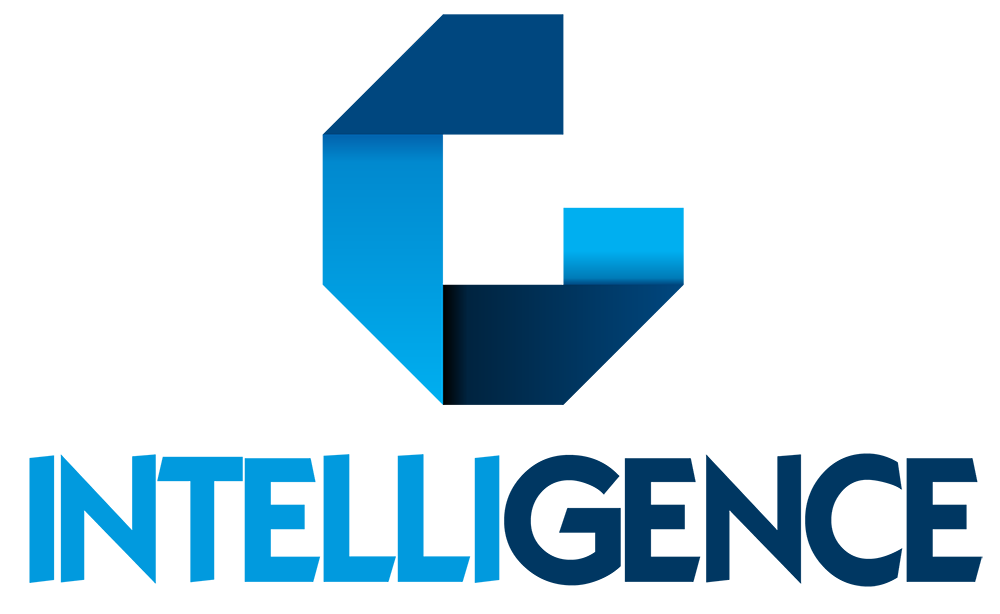Basics Of Human Resource Management
Course Schedule

Basics Of Human Resource Management
In order to satisfy today’s ever increasing business requirements, Human Resource Mangers need to respond by delivering effective creative solutions on a global scale to ensure HR maintains the strategic harmony of the business and the decision makers/leaders.
HR cannot be seen as a burdensome cost, it must create the opportunities and environment to support, and where necessary, lead key business initiatives.
HR has an increasingly important role to play; the challenges for the future will mean a significant re think of how HR currently contributes to the business, but just as importantly how it’s contribution and value is measured.
This innovative training session will cover the latest thinking, models and approaches to International HR delivery.
- Explain the main functions in Human Resources Management (HRM).
- Explain the new roles of modern Human Resources Management.
- Apply the functions of recruitment and selection and follow the main steps in attracting and hiring qualified candidates.
- List the different steps in the training and development cycle.
- Explain and play the roles and responsibilities of Human Resources Management in designing and implementing a performance management system.
- Demonstrate understanding of a complete compensation management system.
- Definitions and Objectives of HRM
- The Main Functions in HR
- Characteristics of Effective HR Management
- HR New Roles: HR as Business Partner
- Examples of HR Organization Charts
- Overview of Competency Theory
- Types of Competencies
- The Importance of Competencies
- Recruitment versus Selection
- Defining Requirements and Attracting Qualified Candidates
- Types of Assessment
- Types of Interviews
- The Selection Decision
- Identification of Training Needs
- Design and Delivery of Training
- Effectiveness of Delivery Methods: The International Benchmarks
- Evaluation of Training Effectiveness
- Four Levels of Training Evaluation
- The Performance Management Cycle
- The Main Components of Performance Management
- Performance Management versus Performance Appraisal
- Setting Up a Competency-Based Performance Management System
- Components of Compensation and Benefits
- A Total Compensation Management System
- Job Evaluation: Guaranteeing "Internal Consistency"
- The Meirc Factor Points System for Evaluating Jobs
- Salary Surveys: Guaranteeing "External Consistency"
- Forces Impacting Compensation and Benefits
- Generalist or Specialist: Advantages and Disadvantages
- Academic Qualification versus Professional Certification
| Sub Code | HC003 |
| Start Date | Sun,Mar,6,2022 |
| End Date | Thu,Mar,10,2022 |
| Duration | 5 Days |
| Fee(US$) | 3250 |
| Location | Jeddah |
| Reminder |

|

